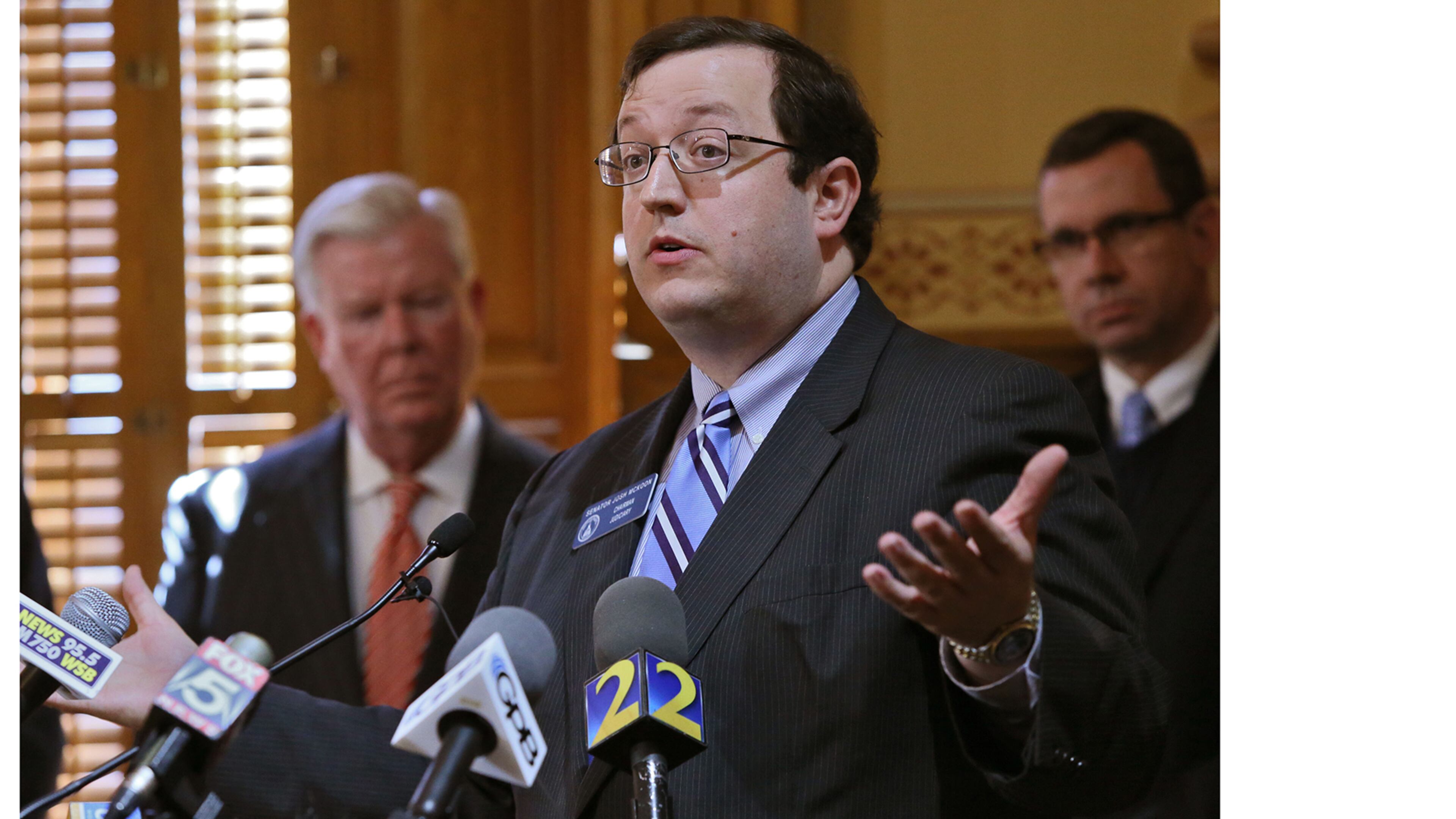Opinion: Georgia needs a religious freedom law

Did you know that in Georgia, an inmate in a federal prison has greater protection of his religious liberty than the average Georgia citizen?
This is because of a Supreme Court decision in 1990 that fundamentally changed the way courts look at religious liberty claims. Congress reacted swiftly to this decision, passing the Religious Freedom Restoration Act (RFRA) that ensured free exercise of religion cases were once again treated by courts in the same way free speech, free association and free press cases are handled, with the highest level of constitutional protection.
States were required to pass their own RFRA laws to give the same protection to people of faith from state and local government that Congress provided from the federal government. Over 30 states have taken that step, but unfortunately, Georgia continues to lag behind the nation when it comes to providing this common-sense protection for our citizens.
Some have argued this law is unnecessary; but one only has to open a newspaper or turn on a television to see reports of government trampling on free exercise rights: a Muslim woman in a Douglas County courtroom forced to choose between wearing her headscarf or being sent to jail for contempt of court; a Christian student organization kicked off campus at Savannah State University for holding a foot-washing ceremony, and a student at Sutton Middle School in Atlanta repeatedly denied the ability to start a religious student club.
We are seeing government hostility to people of faith right here in our state.
Others have suggested this law will in some way allow mistreatment of others in the name of religion. Nothing could be further from the truth. For decades, RFRA has been in place at the federal level and in over 30 states. Opponents of this law who have spent untold fortunes attempting to mislead the public – often aided by willing accomplices in the media – have been unable to identify one case to back up the outrageous claims they have made about this proposed law. In fact, they hired Michael Bowers, former attorney general of Georgia, to research the issue, and he testified at a committee hearing last month that he was unable to find a single case where a court upheld mistreatment of any person based on a religious defense.
The real debate is between those of us who believe people of faith, or those with no faith at all, may live their entire lives according to those beliefs versus those who believe your religious beliefs may be acknowledged only within the privacy of your home or place of worship.
Our country was founded in large part by people fleeing governments that were persecuting them for their religious beliefs. America became a haven for people of every faith, or no faith at all, to live their lives to the dictates of their consciences without fear of reprisal by the government. It is shocking we find ourselves now in a society where the power of government is being used as a weapon to silence people of faith. All the proposed RFRA would do for Georgia is what it has done for federal inmates and citizens of 30-plus other states: Provide a time-tested, reasonable restraint on the ability of government to interfere with the sincerely held beliefs of all 10 million Georgians.
Protection of religious liberty is inextricably linked with having a truly free-thinking, free-speaking society. When we think of historical examples of countries that denied religious liberty – Nazi Germany and the Soviet Union – or contemporary examples like Iran, Saudi Arabia, North Korea and others, we know those nations also deny many other basic human rights. On the other hand, countries like the United States that have a tradition of protecting religious freedom also robustly protect other civil rights. Denying people their freedom of conscience today will have a much greater cost if it means we have decided that all freedoms hinge on whether their expression satisfies the majority of our population.
So it is my sincere hope you will join me in calling for Georgia to follow the example of Arkansas by passing into law a measure that mirrors the federal RFRA, the law our own governor voted for in 1993 in Congress, so Georgians may have the same protection from state and local government hostility to people of faith that they have had for decades from the federal government.
State Sen. Josh McKoon, R-Columbus, was the sponsor of Senate Bill 129, the “religious liberty” legislation that failed in the recent legislative session.
